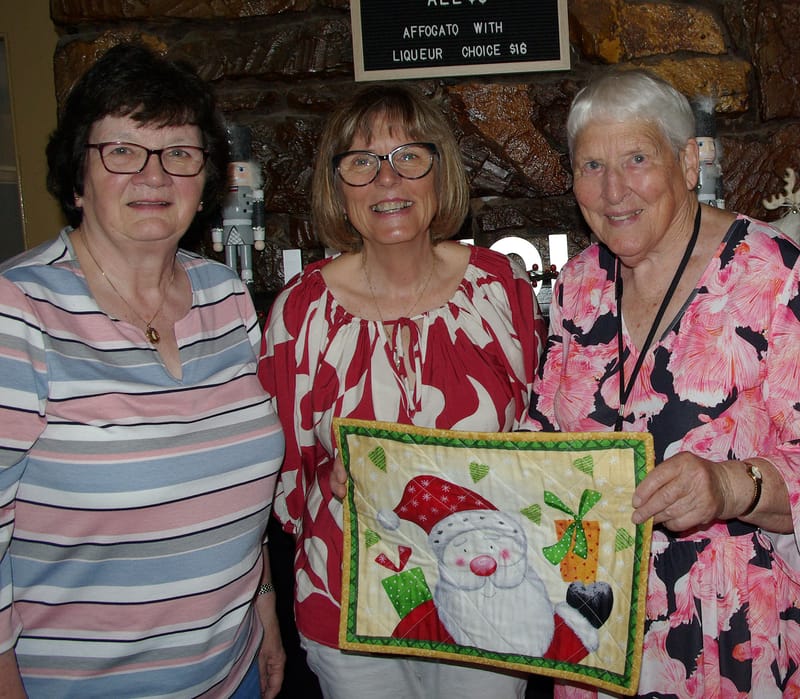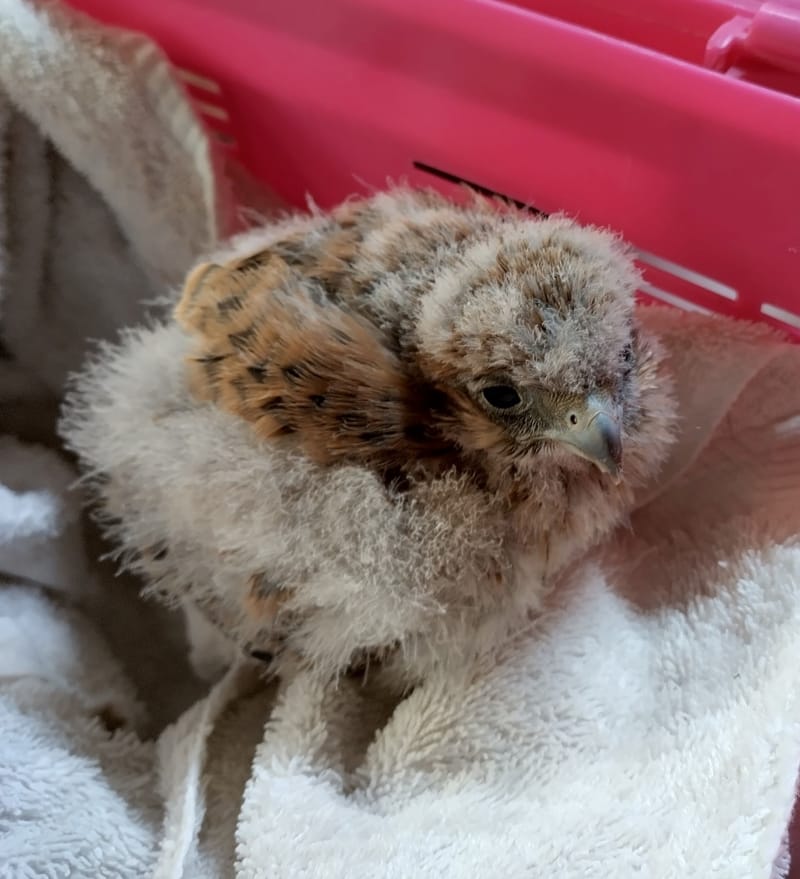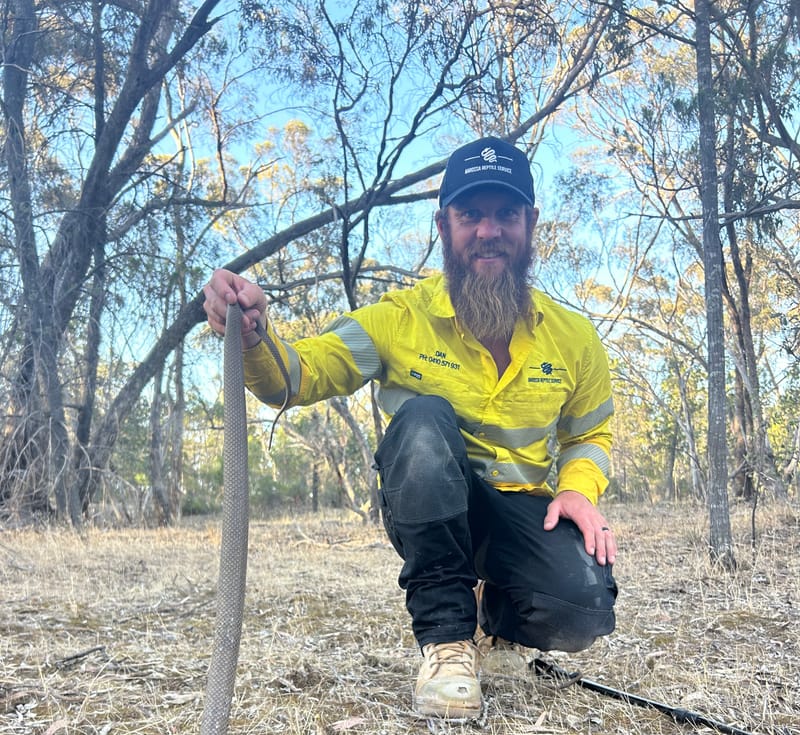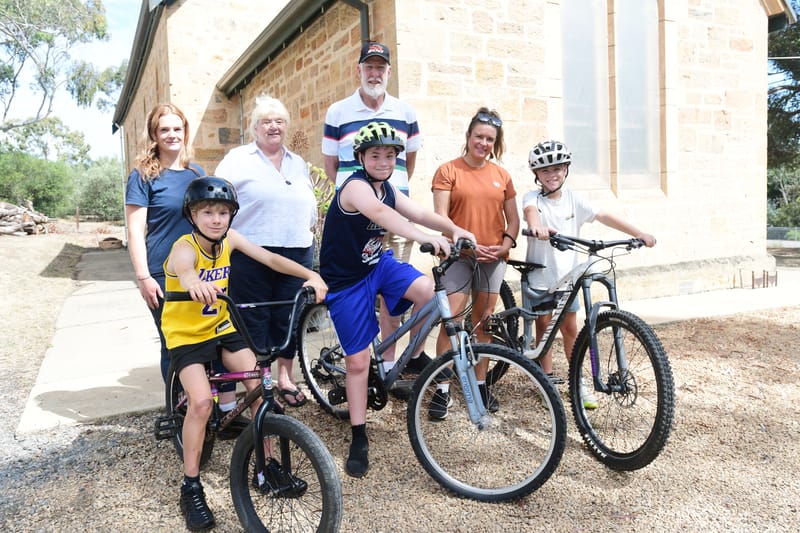Cheers to Dry July
Community members are encouraging Barossa residents to put away the wine glasses and join the month-long challenge to abstain from alcohol in support of ‘Dry July’. The Australian born fundraiser originated in 2008, and aims to raise awareness...
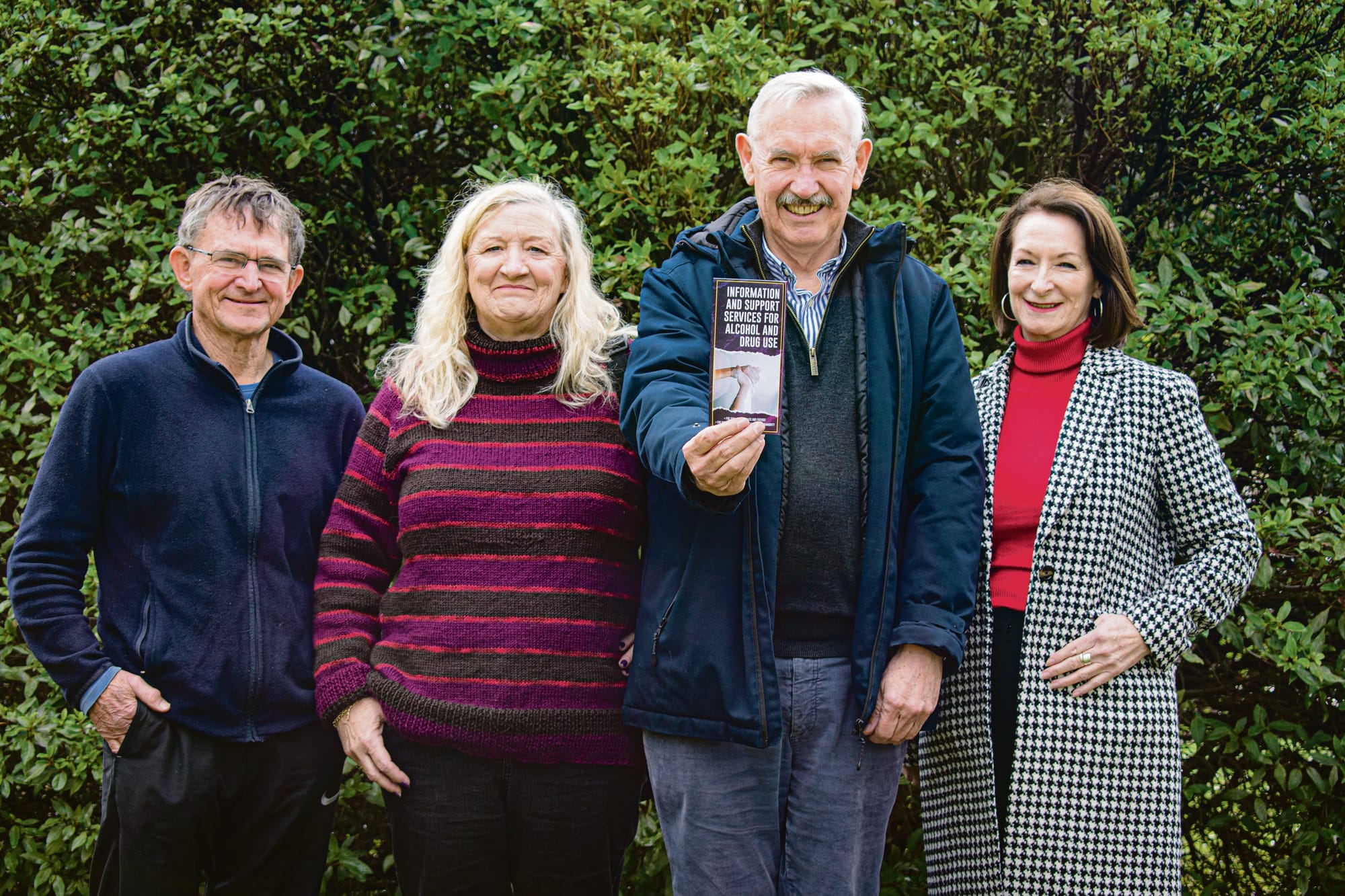
CLICK HERE TO DOWNLOAD THE AOD FLYER
Community members are encouraging Barossa residents to put away the wine glasses and join the month-long challenge to abstain from alcohol in support of ‘Dry July’.
The Australian born fundraiser originated in 2008, and aims to raise awareness about the benefits of reducing alcohol consumption while also raising funds for cancer research and support services.
The initiative provides participants an opportunity to look at their relationship with alcohol while also resetting their drinking habits and improving general well-being.
Physiotherapist Melissa Smith from Barossa Physiotherapy, Nuriootpa, is raising funds for Pinc & Steel Australia this Dry July.
“We’re looking at (raising) $1500. So I guess because why go low, I’ve not raised that amount of money before, so we’ll see,” said Melissa.
Speaking with The Leader, Melissa said that this was a pretty good entry point for people to reflect upon their drinking while also raising money for cancer charities.
“It starts a conversation. I think it makes you look at your own habits and what drives you to look for an alcoholic drink or why we feel like we need to have that. It gives people a chance to put a little pause and have a break.”
Melissa explained that even just that short break of a month is likely to have a positive impact for someone who’s a regular drinker.
“I think that’s going to have a decent impact on their well-being and their general attitudes towards the end of the month,” she said.
Abstaining from alcohol for just one month can increase quality of sleep, improve mood and levels of concentration, help with hydration and weight loss, reduce blood pressure and contribute to a healthier liver among other health benefits.
Melissa’s chosen charity, Pinc & Steel, provides training for professionals offering cancer support services and helps cancer rehabilitation programs to be accessible and affordable. Through the support of Pinc & Steel, Melissa has been able to offer rehabilitation services to cancer patients in the Barossa Valley.
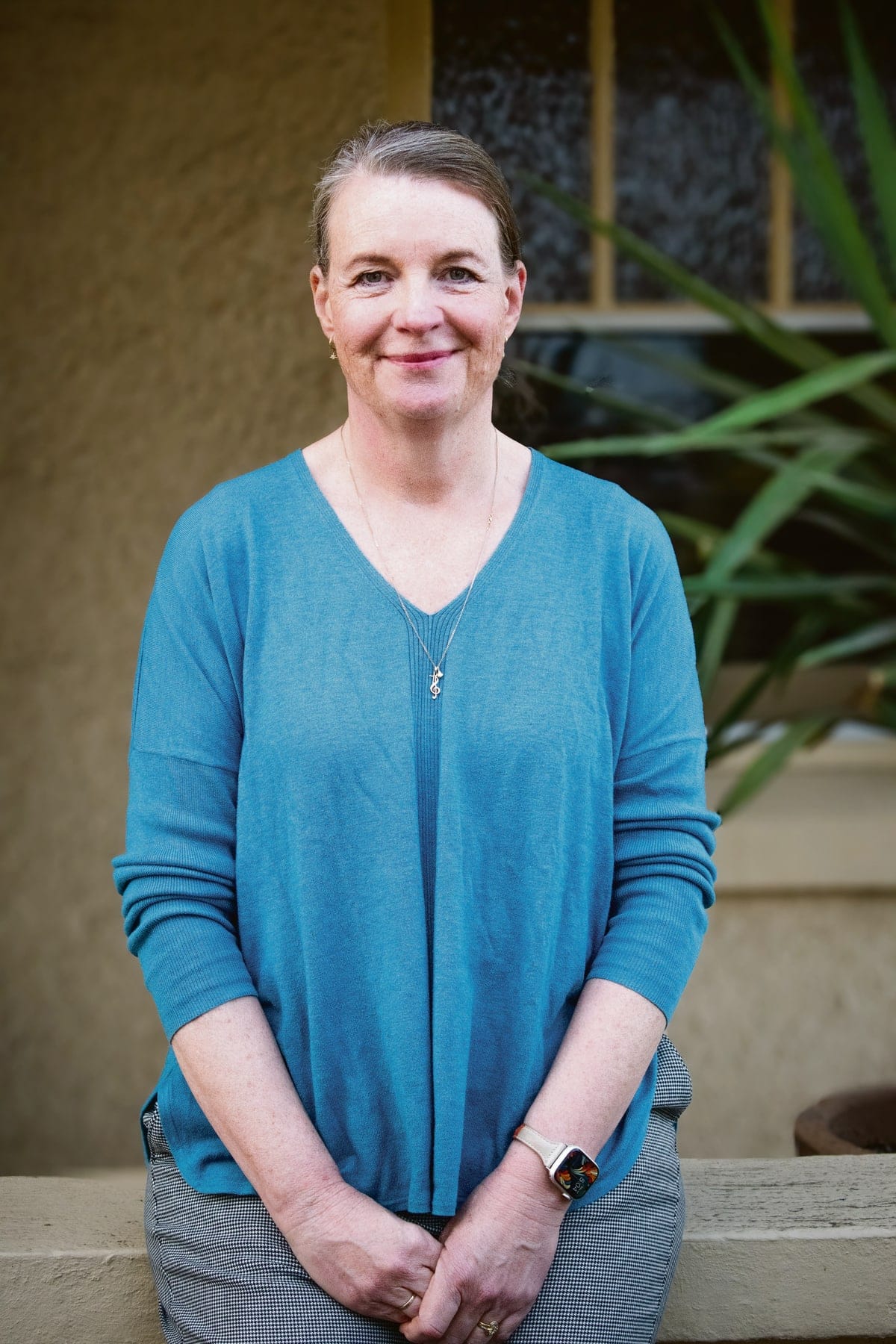
“Cancer rehabilitation has a big impact on long-term survivorship, and trying to reduce the incidence of secondary cancers,” Melissa said.
This ‘Dry July’, Dr. Bill Gransbury of Angaston will be joining the challenge and raising funds in support of the McGrath Foundation.
Dr. Gransbury said he was motivated to sign up for Dry July by his desire to support his family and friends who have had a cancer diagnosis.
He has also been working within his role at Enhance Mental Health Barossa for the past eight months on a flyer that will provide a list of resources for those looking to seek help and support with their alcohol and drug use.
“Whether it’s seeing a professional or whether it’s an online chat group, there are quite a lot of options out there,” said Dr Gransbury.
Enhance Barossa will be looking to make the resource available at local doctors’ surgeries and chemists and will also be distributed among the community.
To download a digital version of the flyer you can san the QR code at the end of this article.
Catherine Winter is a Family Support Worker with Family Drug Support and believes that Dry July allows people to look at their drinking habits.
“Well I think Dry July is a good way for people to kind of explore their relationship with alcohol. So even if they don’t think they’ve got a problematic relationship with alcohol they can still do (Dry July). Sometimes it actually highlights that you’ve fallen into a habit.”
Catherine noted that for some individuals, social drinking can lead to alcohol dependency.
“No one wakes up in the morning and decides to become alcohol dependent. You know, I mean (it’s) a progressive thing so for sure, anyone could perhaps end up down that track, unsuspectingly, you know, because they haven’t set out to be there. They’re a social drinker and it just possibly progresses. And we don’t know why that might happen for some people and not others.”
Drug and Alcohol Services Australia (DASA) worker Denise Westwood said that one of the reasons people reach out to her is to improve their health.
“Sometimes, they’ve been to the GP and the GP said, ‘look, you know, you’ve got to cut down on your alcohol because...you know, your liver function is not very good or whatever and so, yeah, then they come to me to get that support to either reduce their alcohol significantly or to stop it all together.”
Denise also said that one of the reasons people choose to reduce alcohol consumption, rather than abstain is the significant social pressure that can be put on people who don’t drink.
“Let’s face it, alcohol is so woven into the fabric of society. If you’ve been used to socialising and using alcohol, then it feels like it’s a big part that’s getting taken away from you. I think you would feel like you might not fit in anymore.
“And sometimes people, I think just can’t imagine their life without alcohol in it. So they would rather reach for a reduction than abstinence.”
Simon Taylor from the Southern Barossa Alliance said that one of the ways people can break the habit of social drinking, it to replace alcoholic beverages with zero alcohol alternatives.
“Non alcoholic drinks have made a difference. See, I now drink zero (alcohol) beer… it’s becoming normalised for people.”
Simon also said that he had noticed a change in drinking habits for the younger generation.
“I know this with my kids, they actually don’t drink during the week. You know, I would go there and say ‘oh, we’ll have a bit, have a wine’. They would say ‘Oh no, no, not during the week’, because they don’t drink.”
After embarking on his own journey of quitting alcohol for 12 months and finding himself disappointed with some of the zero alcohol wines on the market, Josh Pfeiffer from Barossa Wine Cartel decided to create his own pair of non-alcoholic wines.
Josh suggested that non-alcoholic substitutes are a great option for those who have decided to take up the Dry July challenge and are looking for a non-alcoholic replacement for wine.
To join the Dry July challenge, individuals can sign up on the official Dry July website, where they can track their progress, connect with other participants, and set up fundraising pages.
Whether for personal health, support for a loved one battling cancer, or a combination of both, Dry July offers a meaningful way to make a positive impact.


